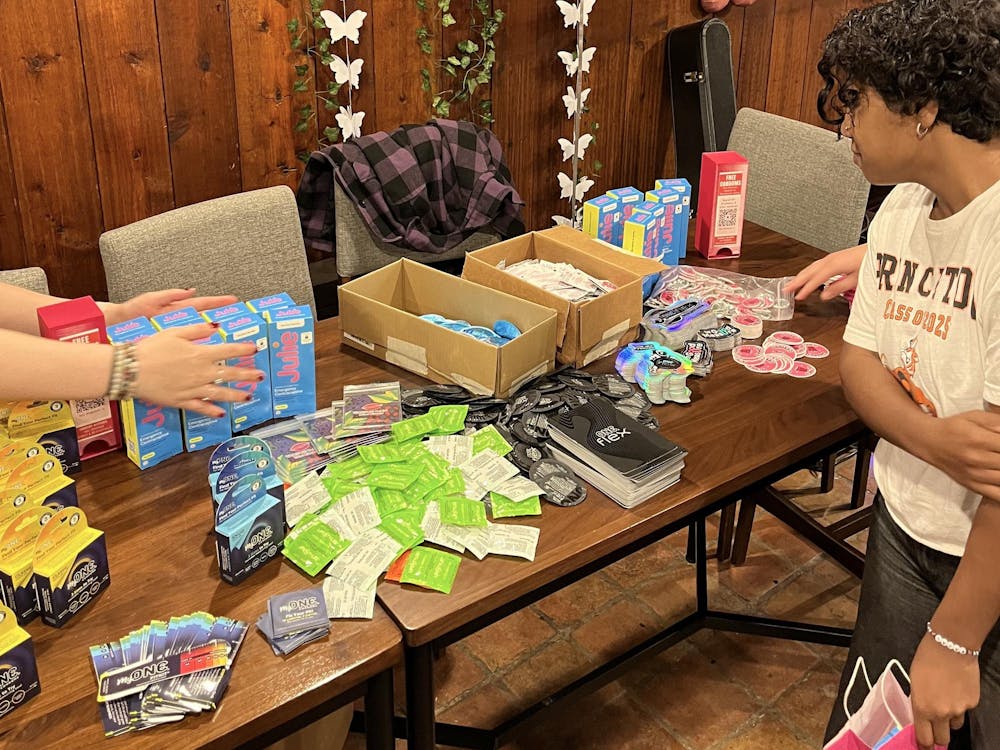A female student has been diagnosed with probable meningococcal disease and is receiving treatment in a hospital, the University announced in an email Thursday evening. If confirmed, hers will be the sixth case of bacterial meningitis linked to the University since March.
The student developed a high fever on campus and sought treatment at University Health Services, according to University spokesperson Martin Mbugua, who did not specify further details. From UHS, she was referred to a hospital, where she is currentlyreceiving treatment.
"Local, regional and state health officials have been informed," Mbugua said. He declined to specify which hospital is providing treatment for the student.
The New Jersey Department of Health is working with local health officials and University Health Services to investigate the case, according to Department of Health spokesperson Daniel Emmer. The state is helping to identify individuals who may have been in contact with the affected student and administer preventive antibiotics.
There is no indication at this time that any of the six cases are related, Mbugua said.At this time, the University does not plan to alter its response to the outbreak.
"We have received no recommendation of doing anything beyond or in addition to what's already in place," Mbugua said.
The first and second University-associated cases this year, reported on March 25 and April 12, involved a female student and a male visitor to campus, respectively. The third and fourth cases, reported May 7 and May 20, both involved male students. The New Jersey Department of Health designated the cases as an outbreak after the fourth case.
In the fourth case, the student developed symptoms while traveling from campus to his home state, where he was hospitalized.
The fifth case involved a male University student hospitalized abroad after being diagnosed with bacterial meningitis during an academic trip. All five students have since recovered, according to a health advisory email sent to students Thursday.
In all cases, people who had come into close contact with the affected individual were identified and given preventive treatment, including antibiotics.
All five cases have been confirmed as Neisseria meningitidis type B. State law requires all college students living in dorms to receive a licensed meningitis vaccine, which protects against many strains of the bacteria but does not protect against this particular serotype.
Mbugua said in May that four current students had not received the vaccine, citing religious exemptions. There is no indication that any unvaccinated student came into close contact with any of the six affected individuals, Mbugua said today.

In response to the outbreak, the University has issued campus-wide health advisory emails, posted reminders with information on meningococcal disease in bathrooms and dining halls and continued to encourage community members to practice good personal hygiene.
In addition, the Student Health Advisory Board has issued reusable drinking cups to the student body intended to help avoid the spread of germs. The red cups say "Mine. Not Yours." and are meant to remind students not to share cups with other students.
Bacterial meningitis is an inflammation of the membranes covering the brain and spinal cord caused by infection with a pathogenic strain of bacteria. Symptoms typically develop three to seven days after exposure and can include stiff neck, sensitivity to light and loud noises, nausea,vomiting and altered mental status,according to the CDC.
Cases of meningitis can be treated with common antibiotics.








